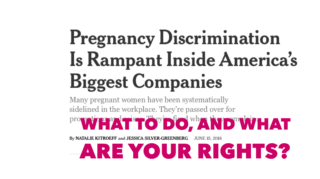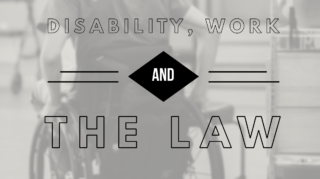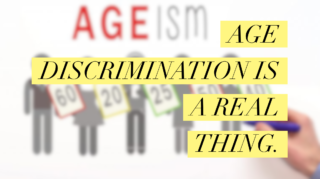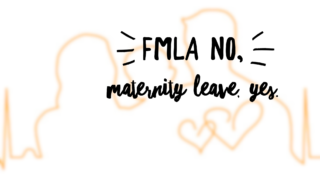Every case has a Statute of Limitations
Every case has a statute of limitations – the date by which it must be filed, or the chances are lost forever. In discrimination cases, sexual harassment, pregnancy discrimination, retaliation, any kind of employment law case, a charge of discrimination must be filed with the United States Equal Employment Opportunity Commission before you’re allowed to file in court, and that charge of discrimination must be filed, within either 180 days of the last discriminatory act or 300 days of the last discriminatory act, depending on the state where you work. So for instance, in New York, that federal filing date with EEOC is 300 days from, if you were fired, that is likely the last discriminatory act.






